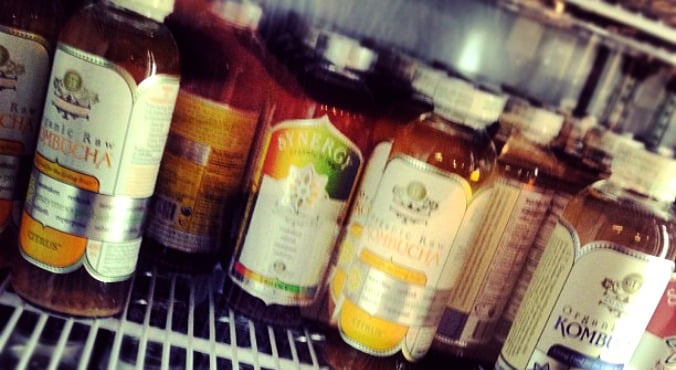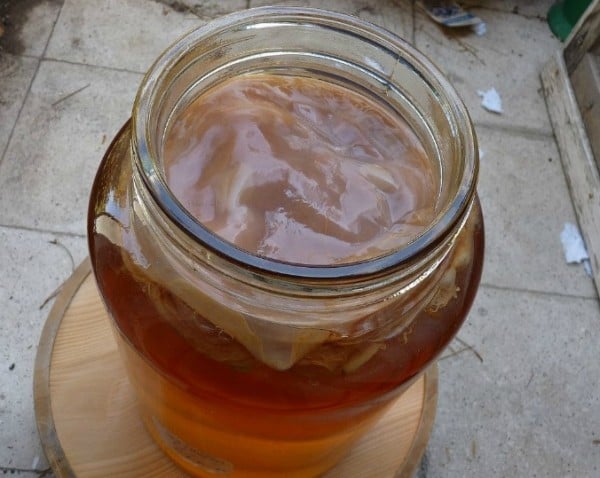
Image: Wikimedia
The so-called ‘new’ health drink that has everyone talking has actually been around for centuries. And no, it’s not water.
It’s called Kombucha. It’s a fermented tea that originated in Asia and comes with a long list of health and wellbeing promises. Weight loss, cancer prevention, improved immune system, reduced sugar cravings, arthritis relief and a fix for digestive problems are just some of them.
Oh, and it looks like this:

With claims as astonishing as these, it's no surprise Kombucha has gained a following, particularly among the alternative health community, and in Hollywood. So is it just another fad? Or is it worth adding a few Kombucha bottles to your fridge (or the back of your cupboard, if you're planning on growing your own)?
